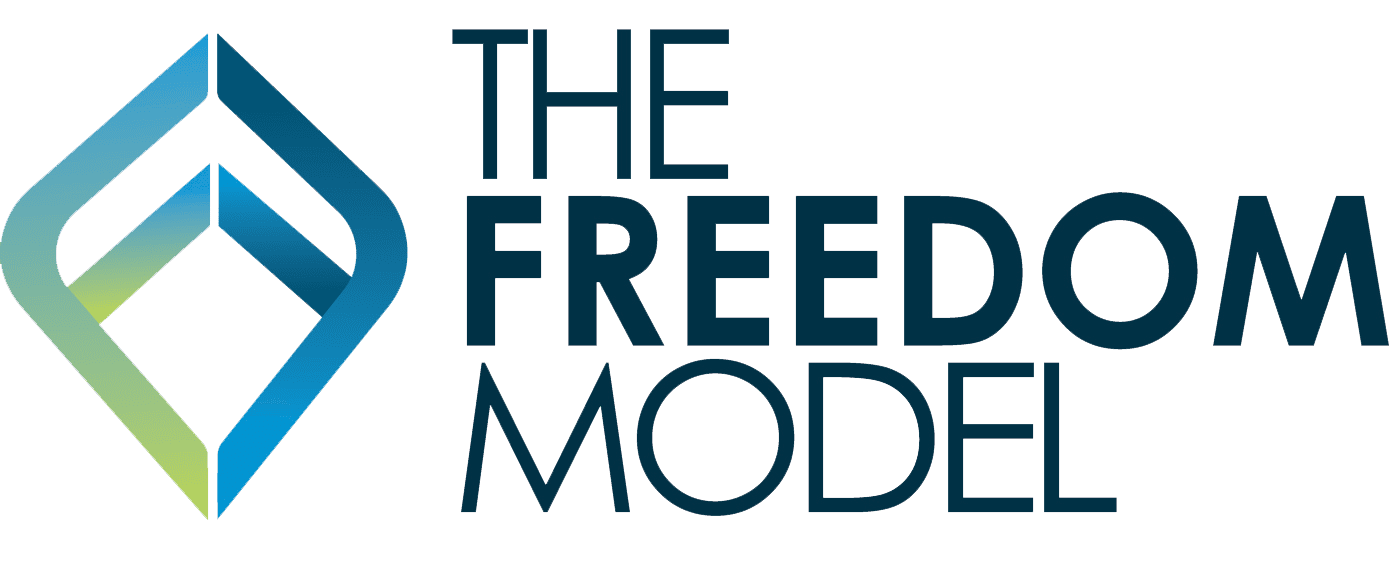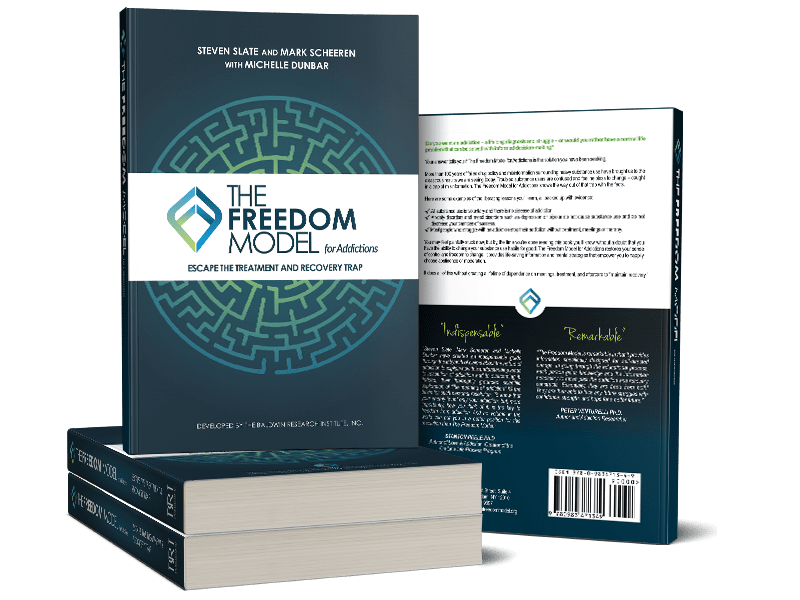You Asked, We Answered
Addiction Questions
How come every time I go to rehab, I come out and relapse?
In general these “relapses” happen for two reasons: first, you still like getting high at some level (even if it is just to stave off withdrawal – in this case, staving it off is more “likable” than going through withdrawal). Secondly, when we place ourselves in a position to be coerced into going to rehab, we are then forced to do something we do not really want to do, in this case, to abstain. Another point to be made here is that the term “relapse” is a poor one at best, as it implies you have a disease that includes relapses as a part of that disease. Since there is no disease, it is important to describe what is happening in your case more accurately. And to accomplish this, let us use the term “choose” – you “choose to get high again after you go to rehab.”
The Freedom Model for Addictions discusses all of this in great detail. Take a look below at a short piece on being coerced to go to rehab, and why this is so ineffective:
“Those coerced into abstinence struggle more because they haven’t been allowed to make their own decisions. They “need support” not to battle addiction because addiction doesn’t exist. Rather, they need support to deal with the fact that they’re being coerced to quit substance use when they really want to continue it. Their “support systems” don’t magically transfer strength into them, which then helps them to remain abstinent. Instead, the people in these systems are more like supporting players in a film that help to make the whole scene more believable. Their life has become about playing this charade of being addicted and battling addiction (i.e., liking substance use and being deprived of it because of coercive involvements). For those who do experience a time of abstinence, they, exactly like the self-changers, have decided during that period that not using is more beneficial to them than using. Many become the memoirists, the activists, the counselors, and the general spokespeople for the charade of addiction and recovery. Sadly, many “addicts turned helpers/experts” continue to struggle throughout their lives because they truly believe in the loss of control myth and continuously reinforce it in their own lives. The other 80% to 90% are the self-changers, those who avoid the system and stay silent, unnoticed, and unresearched (for the most part), and most of them have no subsequent struggles with substance use.
The popular “loss of control” idea about addiction is based on a ruse and doesn’t represent the reality of what a substance use problem is. Yet it’s the only framework you’ve been offered for understanding what you’re going through. More importantly, those who face coercion are put in a situation where it’s not worth arguing with this model. If they say they’re free, they’re sanctioned for it. If they agree to it, they’re granted some leeway. Agreeing to speak of their substance use as an “out of control” behavior has benefits for heavy substance users. They can then “lose control” and “relapse” occasionally if they explain it this way (that is, they get a pass to occasionally do what they want instead of what others demand).”


0 Comments